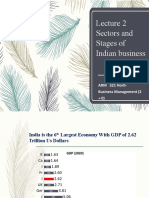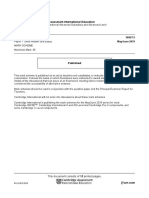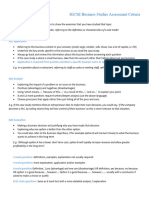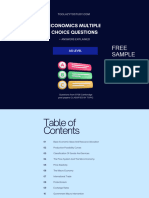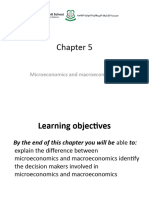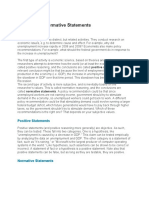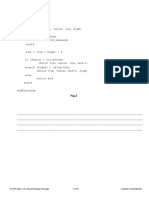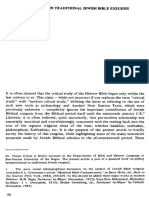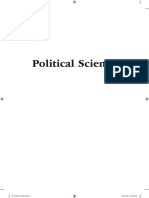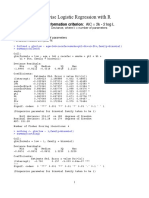0% found this document useful (0 votes)
266 views2 pagesPositive and Normative Statements Worksheet
The document discusses positive and normative statements, with positive statements being objective statements that can be tested with evidence, while normative statements are subjective and contain value judgments. It provides examples of each type of statement and explains why economists need to understand the difference between them to interpret data objectively and avoid making decisions based solely on opinions.
Uploaded by
castroxfourCopyright
© © All Rights Reserved
We take content rights seriously. If you suspect this is your content, claim it here.
Available Formats
Download as DOCX, PDF, TXT or read online on Scribd
0% found this document useful (0 votes)
266 views2 pagesPositive and Normative Statements Worksheet
The document discusses positive and normative statements, with positive statements being objective statements that can be tested with evidence, while normative statements are subjective and contain value judgments. It provides examples of each type of statement and explains why economists need to understand the difference between them to interpret data objectively and avoid making decisions based solely on opinions.
Uploaded by
castroxfourCopyright
© © All Rights Reserved
We take content rights seriously. If you suspect this is your content, claim it here.
Available Formats
Download as DOCX, PDF, TXT or read online on Scribd
/ 2






